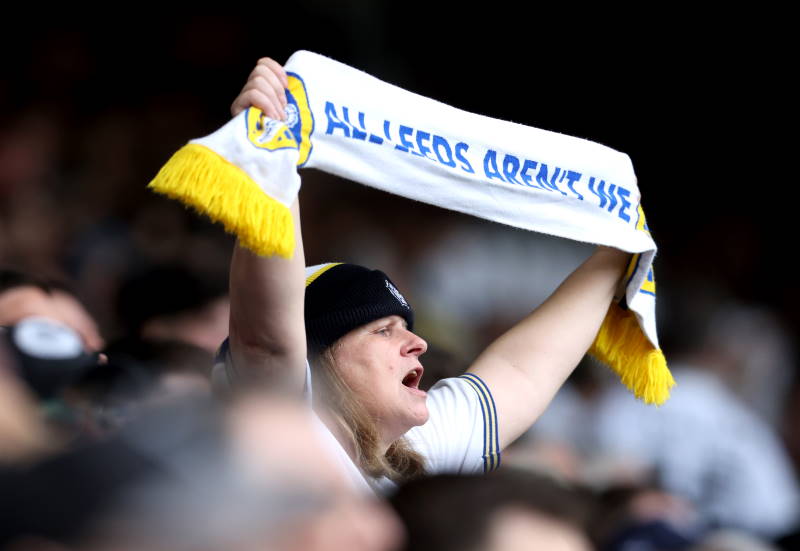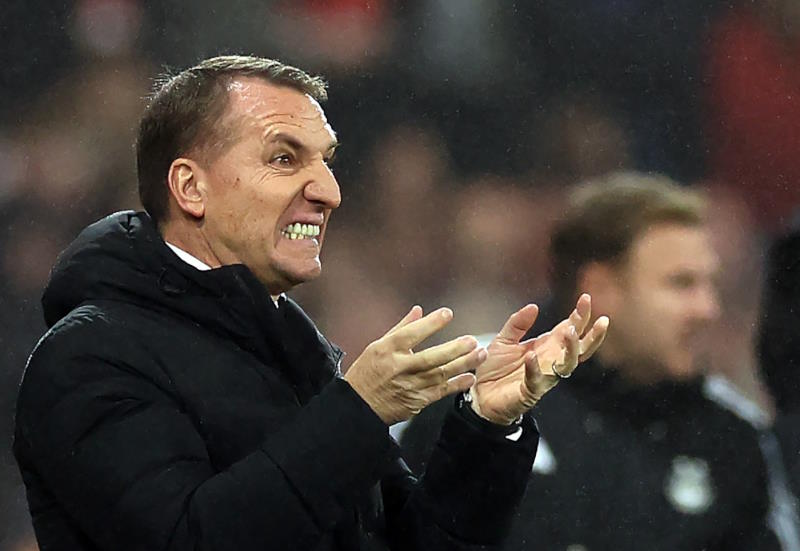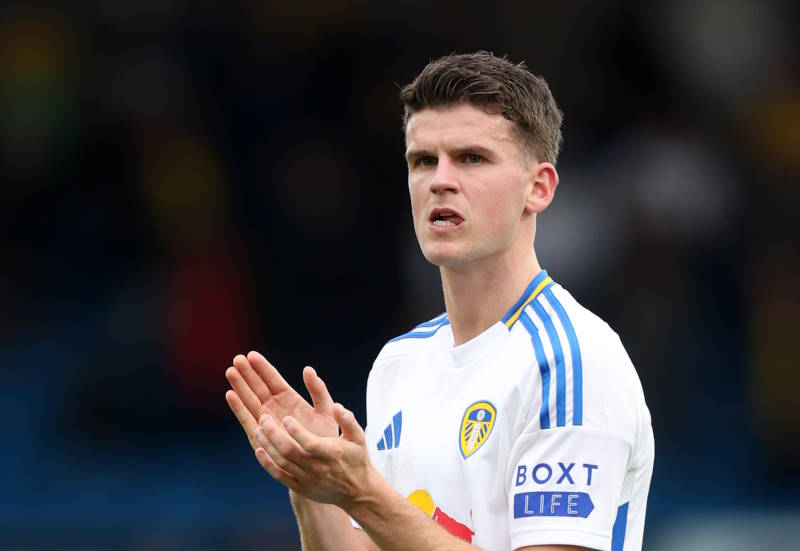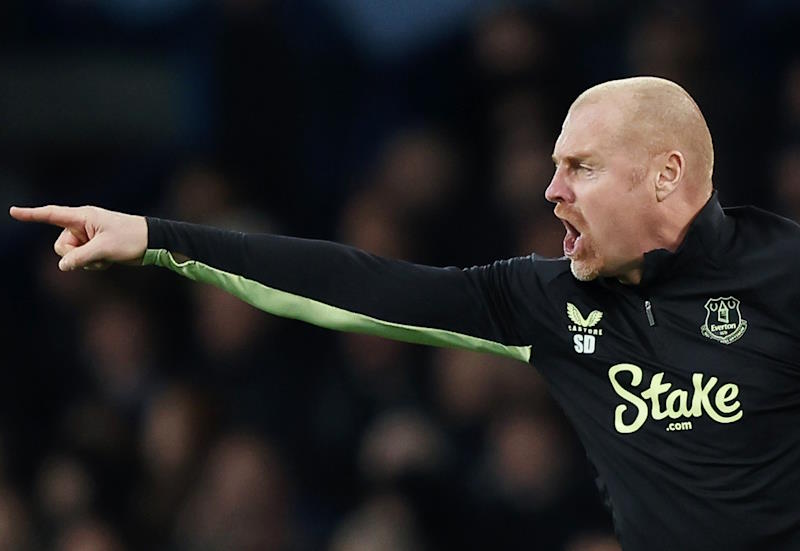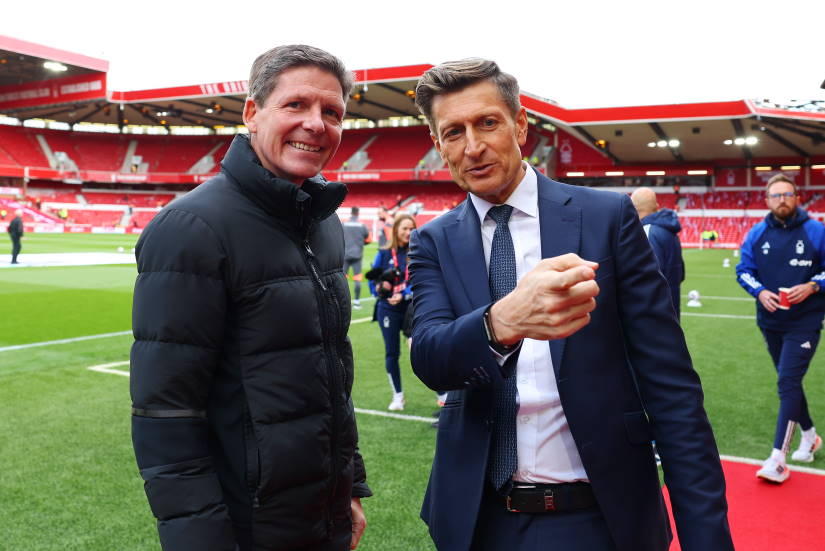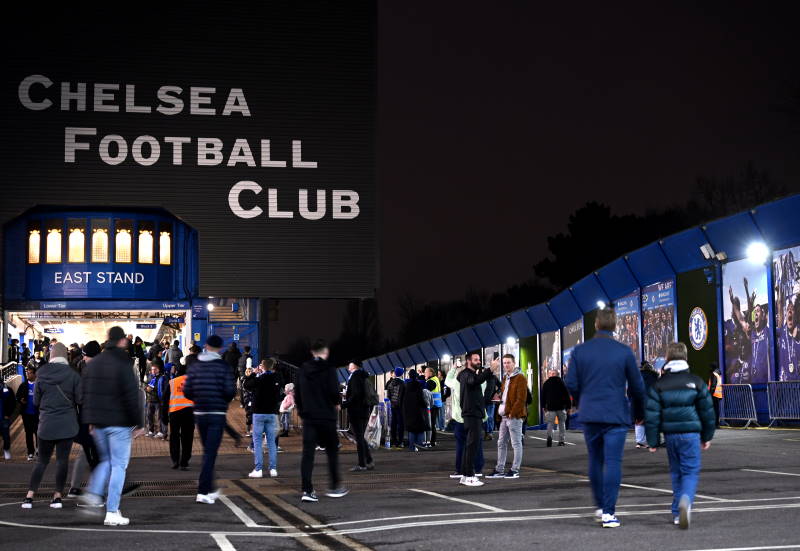
Joe McQuoid
When Manchester United meet Barcelona at Wembley in the 2011 Champions League final, with the ultimate prize in club football at stake, it will be the English outfit’s 59th game of a long and demanding, but potentially hugely successful season. Although Sir Alex Ferguson has a large playing squad at his disposal, many of his troops could arguably be on their last legs by kick-off, as they continue their pursuit of a fourth European Cup.
Given the probability that there will be another heavy and below par playing surface to contend with during the game itself – a matter that was raised as a concern at an FA board meeting just last month – there is every chance that what should be the newly constructed national stadium’s finest hour to date will produce another anti-climax, as has often been the case for showpiece finals at the arena in recent years.
If Ferguson’s side win the game and seal what would be another famous double underneath the illuminated arch on what should be a fine summer’s evening in London, the demands of this season will not be questioned and will not be on the minds of the players as they complete a celebratory lap of honour.
However, if the Scot’s players do not bring the trophy back to Manchester, up as they are against a Barcelona team that will be remembered as one of the greatest club sides of all-time, then perhaps the United boss will again point to an issue that he brought up before the first-leg of their recent semi-final against Schalke as a reason for them coming up short.
Speaking in his press conference in Gelsenkirchen before the tie, Ferguson once again raised concerns about the welfare of his players, citing both mental and physical fatigue as the primary obstacle preventing his team from achieving another treble, having been humbled by Manchester City a week earlier in the FA Cup semi-final.
Perhaps the 69-year-old was getting his excuses in early in case his side do eventually fail in their quest for continental success this year, against what many consider slightly superior opposition.
Or perhaps he was once again raising a long-held and honest belief that the strenuous demands of England’s domestic season are preventing more silverware from being carried away by English sides from the finals of both European and international competitions.
Due to their involvement in the Europa League and winning run in the FA Cup, United’s bitter rivals Manchester City have also played 59 competitive games. And the three London clubs, who completed the Premier League’s top five alongside the North West’s elite, are not too far behind them; Arsenal will have participated in 58 matches, which is just one less after making it to the League Cup final and the Round of 16 stage of the Champions League, whilst Tottenham Hotspur and Chelsea’s European adventures mean that Harry Redknapp’s men have played 53 matches and Carlo Ancelotti’s side have had 52 to contend with respectively.
Although there is no World Cup or European Championship to prepare for straight after this season ends, many of the Premier League’s tired stars, such as Manchester United’s Javier Hernandez and Chris Smalling, still have international fixtures to honour over the summer months meaning that these two young prospects in particular will have played for over 11 months straight without a substantial break.
Whilst many supporters will protest, and maybe rightly so, that players are paid accordingly in order to meet these requirements, can the English Football Association ever say with a degree of seriousness that they believe their players are capable of heading to major international tournaments as fresh as those of other competing nations, when every other domestic season is cut into two halves while theirs continues to prevail as one continuous slog?
Charged as one those looking after the welfare of players in the English leagues, Professional Footballers’ Association chief executive Gordon Taylor also recently stressed his belief that there is currently too much strain placed on players for them to be expected to perform all-year round.
“The RSPCA would be complaining if you ran a racehorse as many times as you run our players in this country.” said Taylor.
“But when you make that point, people turn around and say ‘oh, but they’re well paid’, and that’s it.”
He continued: “The point I’m making is that it is not just a physical break that is needed, but a mental break too.
“Towards the end of the season, with clubs chasing trophies and trying to avoid relegation, there are so many players being asked to play in squads that aren’t very big.
“We’ve got one of the best leagues in the world, and although the pool of players available to England is shrinking, there are still some quality players there who if they were 100 per cent fit, would be certain to do a better job for their country.”
Even in previous international tournaments, the players who have shone have rarely come from the modern day Premier League, other than perhaps a young and spritely 18-year-old Michael Owen, who left a memorable impression on the 1998 World Cup in France.
Both England and Pele’s player of the tournament at South Korea/Japan four years later was Nicky Butt, who was a bit part performer in a Manchester United midfield which contained Roy Keane, Paul Scholes and Juan Sebastian Veron, in the season proceeding the 2002 competition.
Owen Hargreaves earned the supporters’ vote for England’s best player at the 2006 World Cup in Germany, whilst he was based in the Bundesliga – a league season which stops for a solid month in the winter to allow players competing suitable time to re-energise.
It could be coincidental that these stars stood out and that a Spain team, containing just three players based in the English Premier League, with all notably only on the fringes of the side in South Africa, excelled with a squad from which most of their players participate in a league season that stops for a brief winter rest.
If Manchester United trudge wearily down the steps away from the royal box as opposed to bouncing down them at Wembley after the Champions League final, do not be surprised if the great manager from Govan once again points to this as a contributing factor.
He may not be right to question the current set-up of the Premier League and to request a few more days’ leave, but until players plying their trade in Britain can prove otherwise by playing a crucial part in securing international honours during the close season, then the jury will always be out on the impact of such a deluge of fixtures.


